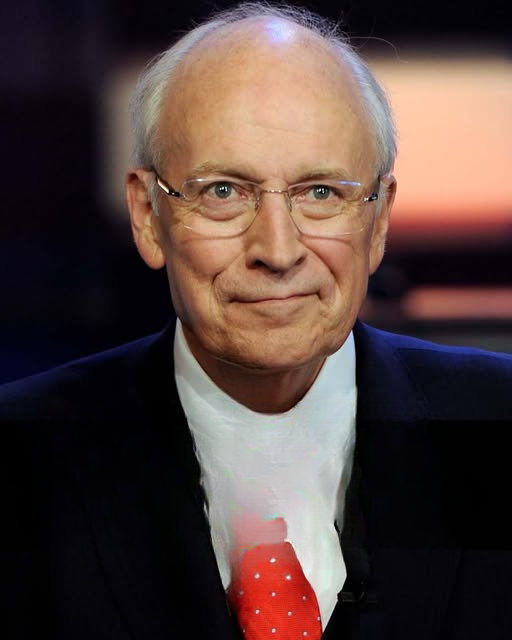Dick Cheney, Former U.S. Vice President, Dies at 84
Dick Cheney, a towering figure in modern American politics, has passed away at the age of 84, his family confirmed. Cheney served as the 46th Vice President of the United States under President George W. Bush from 2001 to 2009 and remains one of the most influential vice presidents in U.S. history. Widely recognized as a central architect of the post-9/11 “War on Terror,” Cheney played a pivotal role in shaping American foreign and national security policy during a defining era.
Known for his assertive and decisive style, Cheney’s influence extended far beyond Washington, impacting international relations and U.S. military strategy. He was a key driver behind the wars in Afghanistan and Iraq, earning a reputation as a symbol of determination in the global fight against terrorism. Yet, his tenure was not without controversy. Critics frequently challenged his use of executive power, the expansion of surveillance programs, and interrogation tactics employed against detainees, fueling ongoing debate about civil liberties and executive authority.
Cheney had long battled serious health issues. He experienced multiple heart attacks over the years and underwent a heart transplant in 2012, which he described as “the gift of life itself.” In the end, he passed away due to complications related to pneumonia and cardiovascular disease, surrounded by his loved ones, including his wife of 61 years, Lynne, and their daughters Liz and Mary.
In a heartfelt statement, Cheney’s family described him as a man of great integrity and enduring values. They praised the lessons he imparted, teaching his children and grandchildren to cherish their country and live with courage, honor, kindness, and passion — particularly for fly fishing, one of his lifelong pursuits. “Cheney was a great and honorable man who gave his children and grandchildren unforgettable lessons on loving our country and living with integrity,” the statement read.
While opinions on his political legacy may differ, Cheney’s impact on American governance and global policy is undeniable. He played a central role during a period when decisions on war, national security, and surveillance shaped the course of the 21st century. Beyond policy, he is remembered for his resilience in the face of personal health challenges and his dedication to family and public service.
As the nation reflects on his life, Cheney will be remembered as a figure who wielded extraordinary influence in American politics and left behind a legacy of lessons on leadership, determination, and commitment to principle.
Rest in peace, Dick Cheney.
